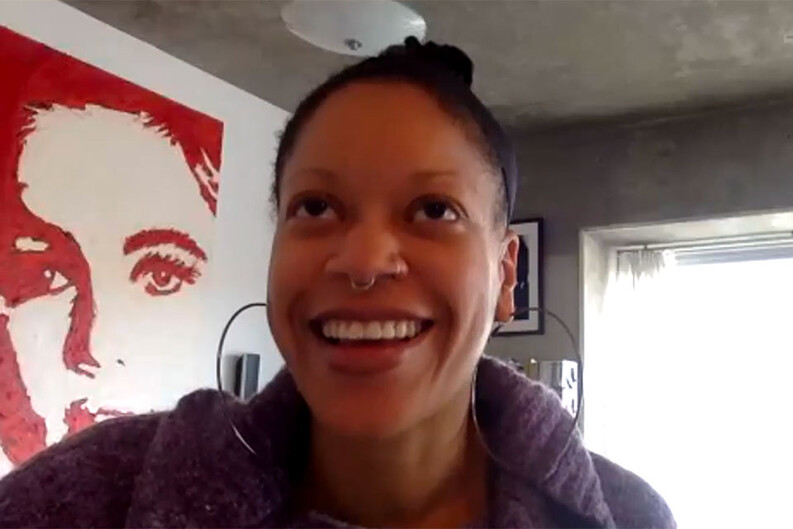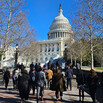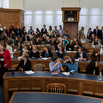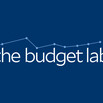Khiara Bridges on Family Law of the Poor

At the first virtual session of the Seminar in Private Law on March 24, 2020, Professor Khiara Bridges of Berkeley Law presented her work titled “Family Law of the Poor.” The draft chapter she shared explored how law governing family relations of the privileged differs from that governing those who lack it and also questioned the cultural reasons that explain this divide.
Bridges began by observing that most textbooks on American family law will deal with questions of marriage, divorce, or child custody. This body of law is based on a certain set of assumptions and principles, Bridges said. These include the belief that family law is private, that the state should refrain from intervening in family life, and that government should generally defer to parental judgment and protect family relations.
However, in Bridges’s view, an entirely separate body of law shapes the life of less privileged American families. Rules regarding termination of parental rights, social security benefits or zoning laws prohibiting certain types of families from cohabiting — Bridges continued — not only give the government the right to surveil the lives of some families, but also are the tool states use to shape family decisions among the less privileged. Here, Bridges underscored, the government suddenly sees its role as a controller, with a right and a duty to observe and intervene.
How is it possible that two, fundamentally distinct, legal regimes governing family law coexist? Bridges argued that the answer lies in the “moral construction of poverty” — a widespread belief that some people are poor because they have made wrong life choices. This explanation of poverty, individualist and morally-patronizing, Bridges said, stands in opposition to theories looking at structural problems like immigration law, taxation law, access to education, and intergenerational wealth. Proponents of the former view tend to assume, Bridges said, that if a person is poor, it means they conduct themselves in the wrong manner, and so the state should police their behavior and family relations. As a result, Bridges concluded, the way forward lies not necessarily in simply reforming the law, but rather in changing the cultural narratives that led to the rules as they are nowadays.
In response to the COVID-19 pandemic, classes at the Law School have transitioned online. Following the suggestions of the President of the Yale University and the Dean of Yale Law School, the YLS Center for Private Law strives to continue its mission of teaching and community outreach and has moved the remainder of the 2020 Seminar in Private Law online, devoted to the theme of private law and inequality. We would like to thank Professor Bridges for being willing to participate in this format, as well as the countless administrative and IT staff of the Law School who tirelessly worked to make the transition online possible and seamless.


